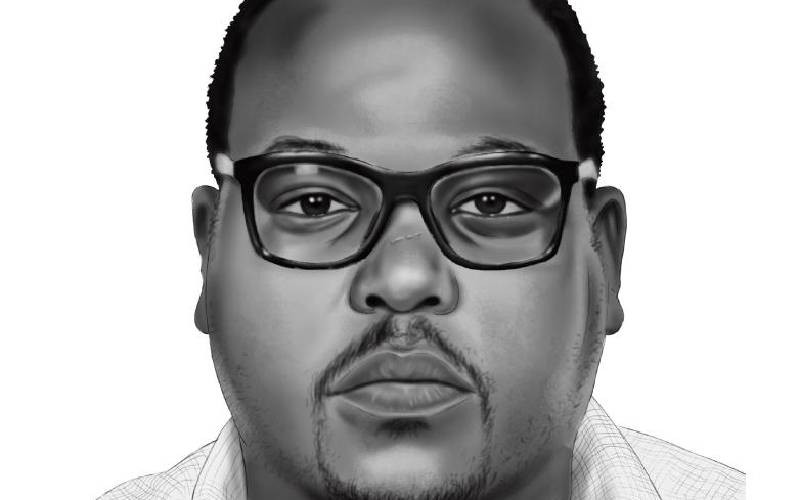×
The Standard e-Paper
Stay Informed, Even Offline

Kenya's rebirth in 2010 was a reincarnation of the one we inherited in 1963, which was, in turn, a reincarnation of the one set up by the British in 1895 when they occupied Kenya and 1920 when the Kenya colony was founded.